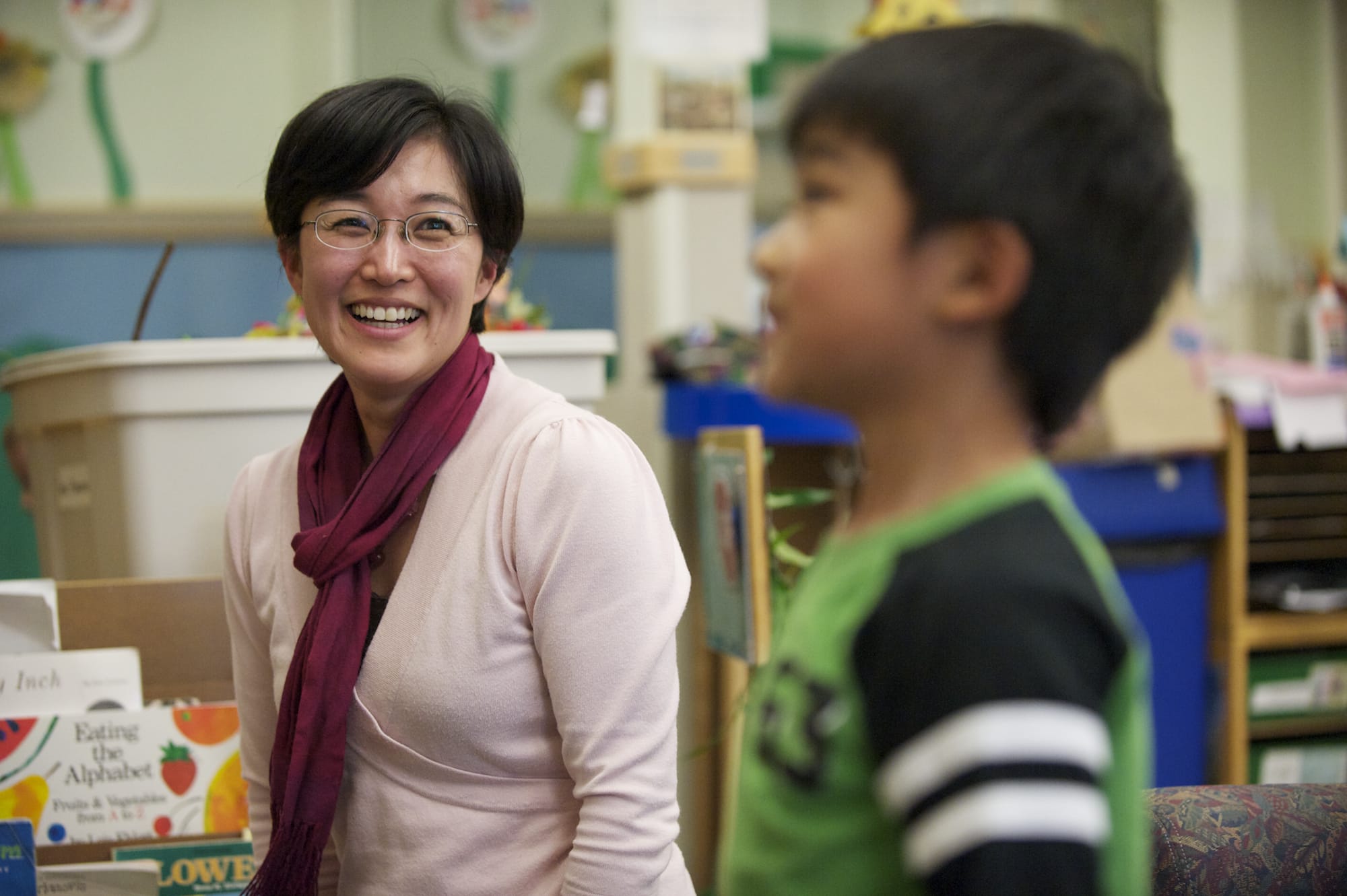Vancouver resident Yoshie Sano earned her doctorate and worked two careers before having her only child at age 40, shortly after being hired as an assistant professor at Washington State University Vancouver.
“I didn’t choose to be an older mom; it just turned out to be that way,” said Sano, now 45. Sano married her husband, Naoyuki Ochiai, in 2006 and became pregnant with her son, Reon Sano-Ochiai, in 2007.
Sano is part of a growing contingent of U.S. women who postpone motherhood until well after 30 to pursue higher education, careers and other personal goals. Having children after age 35 does present medical risks for mother and child. Yet researchers say older mothers often can offer more advantages to children than younger mothers, including more focused attention, patience, financial security and flexibility.
“There are all sorts of benefits to waiting to have children,” said Stephanie Coontz, professor of family studies at The Evergreen State College in Olympia. “The only real downside is it may be more difficult to get pregnant.”



